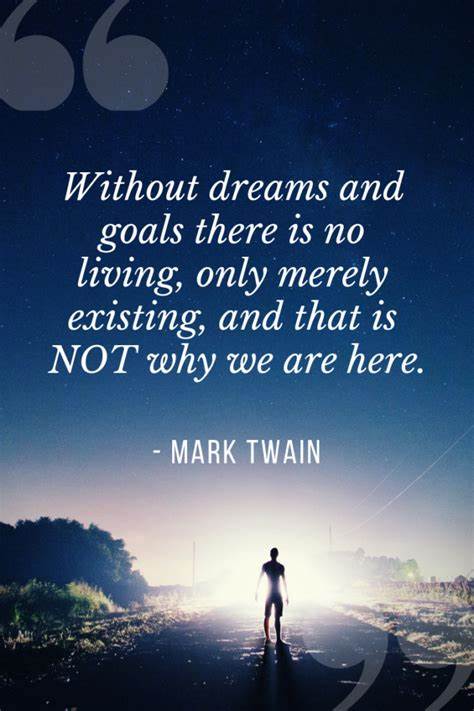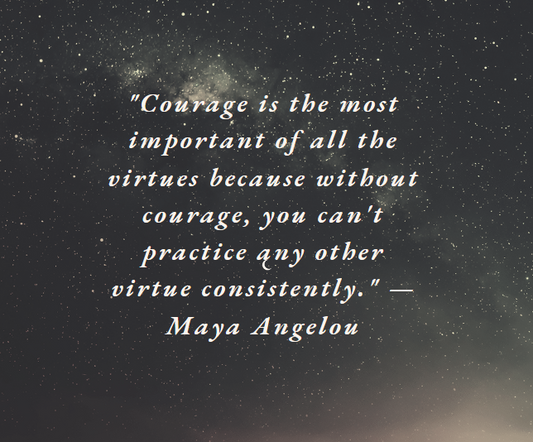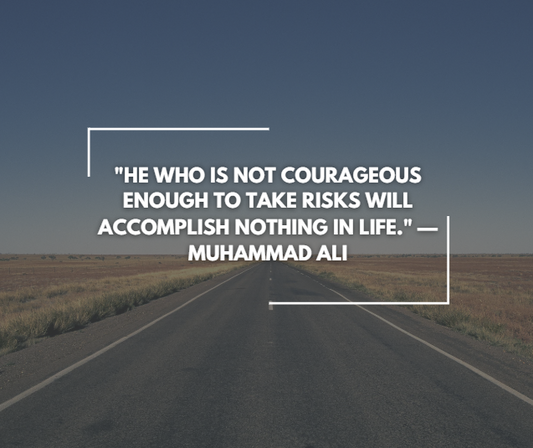"You can't have a plan for your day, until you have a plan for your life." - Tony Robbins
The adage "You can't have a plan for your day until you have a plan for your life" highlights how closely linked short-term objectives and long-term actions are. It implies that having a clear grasp of your larger life objectives is a prerequisite for efficiently organising and prioritising your daily activities.
When thinking about this statement, keep the following points in mind:
- Alignment of Goals: Having a life plan entails identifying your main objectives, guiding principles, and desired outcomes. These could include goals for one's work, relationships, personal growth, health, and more. You can match your daily plans with these more general objectives once you have a clear idea of what you want to accomplish in life.
- Setting priorities: There are many different facets to life, and without a plan, it's simple to get bogged down in the specifics. Making a life plan enables you to rank your priorities. Your daily activities are then organised based on this prioritisation, making sure that time and effort are directed towards the things that will help you achieve your long-term goals.
- Motivation and Focus: Having a life plan gives you direction and a feeling of purpose. It provides you with a path to follow, which can inspire you and keep your attention on the important things. Setting daily goals that advance the larger picture is simpler when you understand where you're going in the long run.
- Adaptability: Having a plan is vital, but it's equally critical to stay adaptive and flexible. Because life is dynamic, unforeseen things can happen. A life plan is a guide, but you can navigate unforeseen circumstances without losing sight of your long-term objectives by being flexible with your daily plans.
- Consistency and Habits: Creating wholesome routines and habits is a common part of creating a life plan. You can gradually accomplish your larger goals by implementing these habits into your daily life. Maintaining daily behaviour consistency strengthens the connection to your life plan.
- Reviewing and refining your life plan on a regular basis, along with reflecting on your progress, allows for adjustments and refinements. To stay on course, it's critical to assess whether your everyday actions are actually in line with your life goals and make any necessary adjustments.
The statement highlights how crucial it is to plan your daily activities based on a clear understanding of your life goals. Setting priorities for daily tasks is aided by integrating goals related to career, relationships, personal development, and health with a life plan. This guarantees that time and energy are allocated to projects that support long-term goals. The life plan serves as a motivating roadmap, giving purpose and direction, making it easier to set daily objectives that support the overarching vision.
In the dynamic nature of life, flexibility is just as important as having a plan. The life plan acts as a flexible road map that enables people to overcome unforeseen obstacles without losing sight of their main goals.



.jpg)


